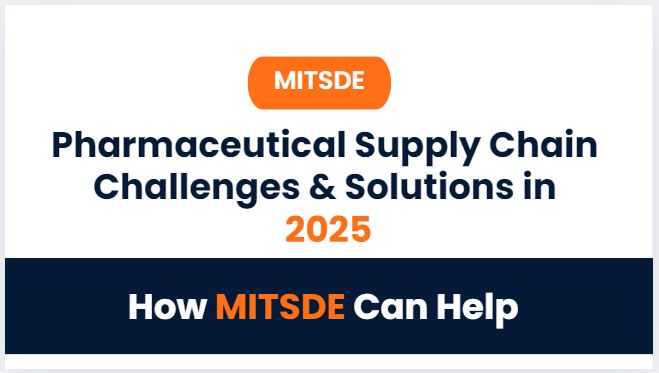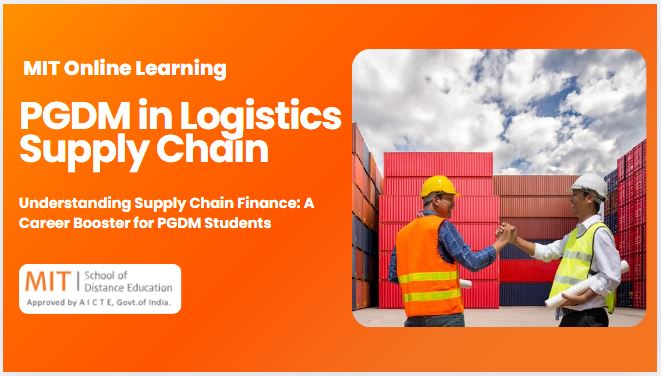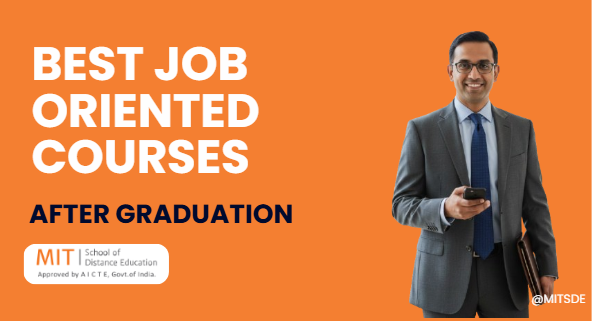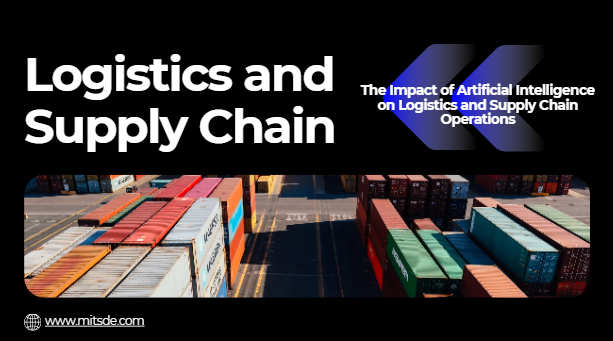
In 2025-26, the pharmaceutical industry faces increasing challenges in managing its complex global supply chains. From maintaining product integrity to navigating regulatory hurdles and ensuring on-time delivery, supply chain management in this sector is fraught with obstacles. These challenges demand skilled professionals with specialized knowledge, making a diploma in logistics and supply chain management an invaluable asset.
At MIT School of Distance Education (MITSDE), the PGDM Supply Chain Management program is designed to equip professionals with the expertise to address these challenges and drive innovation. This blog explores the pressing issues in pharmaceutical supply chains and how MITSDE’s programs like pgdm in logistics and supply chain management can prepare you to overcome them.
Pharmaceutical Supply Chain Challenges in 2025-26
1. Cold Chain Management
Many pharmaceuticals, especially vaccines and biologics, require temperature-controlled logistics. Even slight deviations in storage or transport conditions can compromise product efficacy.
2. Regulatory Compliance
Pharmaceuticals must adhere to stringent global and local regulations. Managing compliance across diverse markets is both challenging and time-consuming.
3. Global Disruptions
Pandemics, geopolitical tensions, and natural disasters can disrupt supply chains, leading to delays in delivering life-saving medications.
4. Counterfeit Drugs
The rise of counterfeit pharmaceuticals poses risks to patient safety and damages brand reputations. Ensuring product authenticity and traceability is a critical challenge.
5. Rising Costs
Increasing costs for raw materials, transportation, and labor strain pharmaceutical supply chains. Balancing cost-effectiveness with quality is an ongoing issue.
Solutions to Overcome Pharmaceutical Supply Chain Challenges
Leverage Advanced Technology
Technologies like blockchain, IoT, and Artificial Intelligence (AI) provide enhanced traceability, predictive analytics, and real-time monitoring. Blockchain, for instance, can authenticate drugs and prevent counterfeiting, while IoT ensures the integrity of cold chain logistics.
How MITSDE Helps: The PGDM Supply Chain program integrates technology-focused modules, enabling students to understand and implement cutting-edge tools in supply chain operations.
Build Resilient Supply Chain Networks
Diversifying suppliers and establishing contingency plans can mitigate the impact of disruptions. Risk assessment and scenario planning are key to building resilience.
How MITSDE Helps: Courses like PG Diploma in Supply Chain Management train professionals in strategic planning and risk management, ensuring agility and adaptability.
Strengthen Compliance and Documentation
Centralizing compliance systems and training staff on regulatory requirements can streamline operations and reduce errors.
How MITSDE Helps: The curriculum in the PGDM in Supply Chain Management program emphasizes regulatory knowledge, preparing students to navigate complex compliance landscapes.
Enhance Collaboration and Communication
Strong relationships with suppliers, logistics partners, and regulatory bodies can improve coordination and efficiency. Digital platforms for communication can further enhance transparency.
How MITSDE Helps: The program fosters skills in stakeholder management, teaching students how to build and maintain collaborative partnerships.
Invest in Workforce Training
A skilled workforce is critical for addressing supply chain challenges. Continuous learning ensures that professionals stay ahead of industry trends.
How MITSDE Helps: The PG Diploma in Global Logistics and Supply Chain offers flexible, industry-relevant training, allowing professionals to upskill without disrupting their careers.
Why Choose MITSDE for Supply Chain Management?
MITSDE’s PGDM Supply Chain Management and related programs are tailored to address the dynamic challenges of modern supply chains, particularly in the pharmaceutical sector. Here’s how MITSDE stands out:
- Comprehensive Curriculum
The programs cover critical aspects of supply chain management, including technology integration, risk management, regulatory compliance, and logistics optimization. - Industry-Relevant Skills
MITSDE equips students with the latest skills and tools to address real-world supply chain challenges effectively. - Flexible Learning
Designed for working professionals, the distance education format allows you to learn at your own pace without compromising your career. - Expert Faculty and Resources
Learn from industry experts and access resources that provide deep insights into supply chain trends and best practices. - Focus on Pharmaceutical Applications
The programs emphasize applications in industries like pharmaceuticals, ensuring relevance to this critical sector.
Conclusion
The pharmaceutical supply chain is complex, and the challenges of 2025-26 demand innovative solutions and skilled professionals. By pursuing a PGDM in Supply Chain Management and PG Diploma in Logistics and Supply Chain from MITSDE, you can gain the expertise to address these challenges and advance your career in this vital industry.
MITSDE’s programs offer a perfect blend of theoretical knowledge and practical skills, enabling you to drive efficiency, innovation, and resilience in pharmaceutical supply chains.
Take the first step toward becoming a supply chain leader with MITSDE. Explore our pg diploma in logistics today and make a meaningful impact in the pharmaceutical sector.



